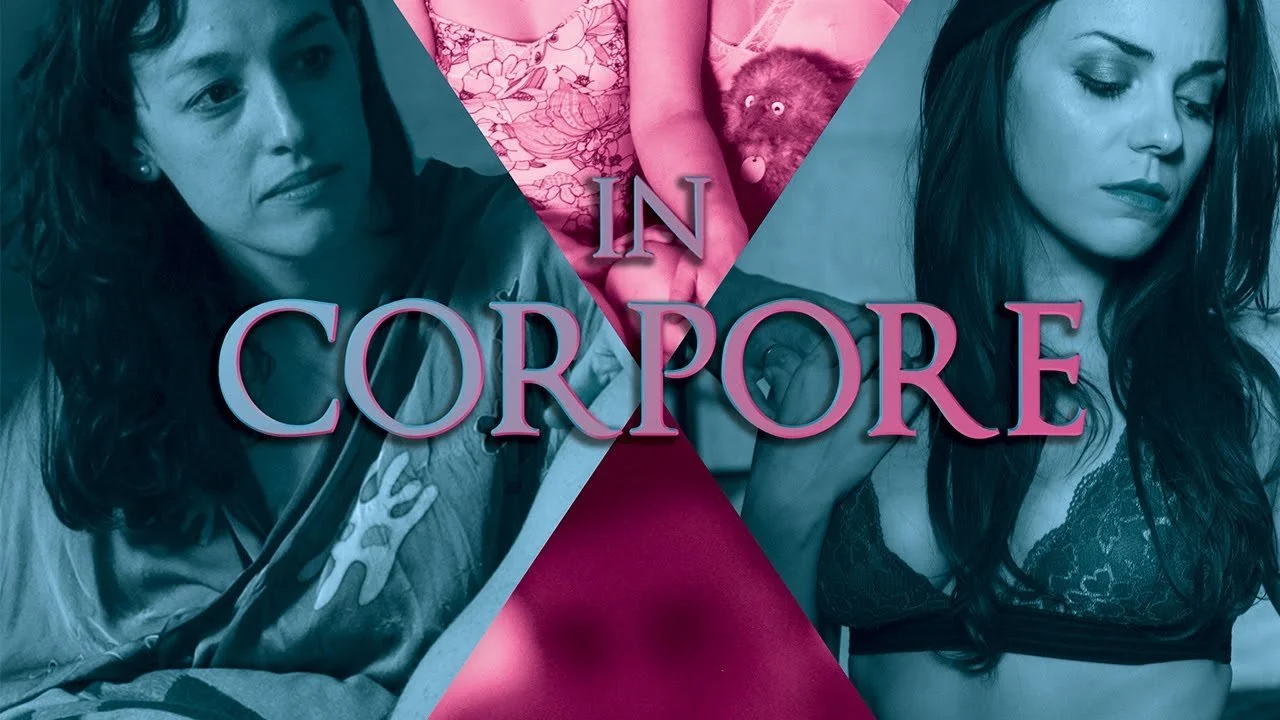The Dangers of Sublicensing in Film Distribution: Your Film, Their Catalogue
Most new filmmakers fear piracy. Torrents, dodgy streaming sites, unauthorized Youtube uploads and the stuff you picture happening in some shady corner of the internet. But honestly, I think the bigger danger for inexperienced filmmakers isn’t piracy at all. It’s the contracts we sign. Buried inside those agreements are clauses that look harmless and standard, yet they can legally rob you of earnings. One of the biggest culprits? The sublicensing clause.
When I signed my first distribution contracts, I didn’t think twice about it. Years later, I found my early films bundled into 200-title package deals, popping up in the catalogues of companies I’d never spoken to, and appearing on platforms I never agreed to. And, of course, I never saw a cent.
Take our film Friends, Foes & Fireworks. We ended our first distribution deal with Turn Key Films after learning a company they sublicensed the movie to called Dreamscape Media had uploaded Friends, Foes & Fireworks to Filmhub without our permission. The sublicense was meant to be for DVD sales only, but Dreamscape thought it was fine to take streaming rights too and Turn Key didn’t think it was important enough to even tell us.
Then there’s In Corpore. We recently found it streaming on YouTube and filed a copyright claim, only to learn the channel had licensed it from Library Kingdom, who in turn had sublicensed it from Bounty Films.
We’d signed with Bounty back in 2021 in the hope of getting In Corpore onto Tubi – which was the only thing we ever discussed. Tubi never happened, yet despite no warning or compensation, Bounty saw fit to package the film years later, long after we thought the deal was dormant.
And finally there’s Machination. This one was only ever meant to be on Filmhub, plus a very limited YouTube deal through Black Mandala. So when it popped up on another channel run by VA Media, I filed a copyright claim. The channel insisted they got the film from Vision Films. Black Mandala denied ever sublicensing it to Vision, and Vision denied ever having the film – despite me seeing an addendum that listed Machination in a deal with them. It turned into a circle of denials, and in the end I dropped it just to stop wasting time. The point is: even when you think you’re doing everything right, sublicensing can come back to bite you.
I’d wager none of these stories are outliers. This is what sublicensing actually looks like in practice: films quietly slipping into package deals, new distributors’ catalogues, or platforms you never approved. On paper it’s all “legal,” but from a filmmaker’s perspective, it feels like losing control of your own work.
But what is a sublicensing clause, exactly? It’s a line in your contract that gives your distributor permission to pass your film along to another distributor, or aggregator, or a platform. Distributors love these clauses because they open up more ways to monetize your film. They can bundle titles into giant library deals (hundreds at a time), expand their reach without doing direct platform-by-platform negotiations, and pad out their catalogues to look more valuable.
Just look at Library Kingdom, which boasts a catalogue of 17,000 films. How does that even happen without bulk sublicensing deals? And do you really think they’re accounting to 17,000 different filmmakers? I call this rights drift. Your film keeps drifting further away from you through sublicenses and hand-offs, until it’s showing up places you never intended, with everyone getting paid but you.
Another danger with sublicensing is that it doesn’t always die when your distribution contract does. Some agreements include what’s called a survival clause, which means any sublicenses made before termination keep running for their full term.
That’s exactly what happened with In Corpore. I terminated my deal with Bounty earlier this year, but because they had already sublicensed the film to Library Kingdom in 2024, that deal survives. Even though Bounty no longer represents the film, I can’t claw it back from Library Kingdom – I’m stuck honoring a sublicense I never even knew about.
So what should you do before signing? Start by reading the sublicensing clause carefully and don’t be afraid to ask questions. Who exactly can they sublicense to? Do you get approval rights? Will you even be told when it happens?
Push for limits wherever you can: narrow territories, shorter terms, specific platforms. Ban blanket sublicensing unless you sign off first. And make sure the contract spells out how sublicensing income will be reported and shared. The broader and more vague the deal, the easier it is for your film to drift out of your control.
And what if it’s already too late? The truth is, most of us don’t have the money to audit a distributor, and shady companies know that. Contracts might say you can terminate if they don’t report, but in practice, all they have to do is finally send a report to block you. It’s frustrating, but it’s also the reality.
So don’t waste time beating yourself up. Most filmmakers – myself included – have signed deals we later regret. The key is to treat it as a learning curve and make sure you go into your next contract with your eyes open.
Written by Ivan Malekin
We also post articles like this on our Substack, so be sure to join our community there!


